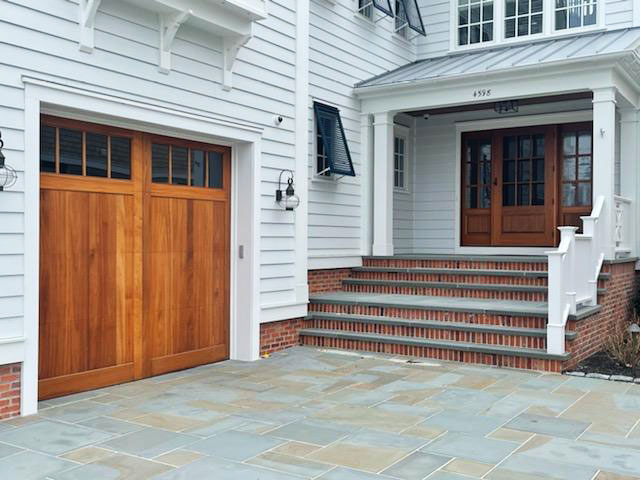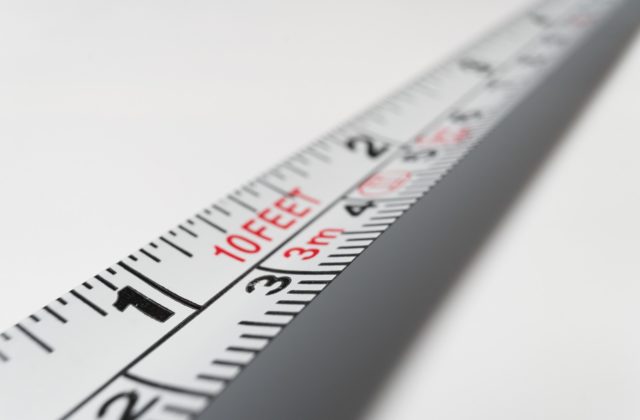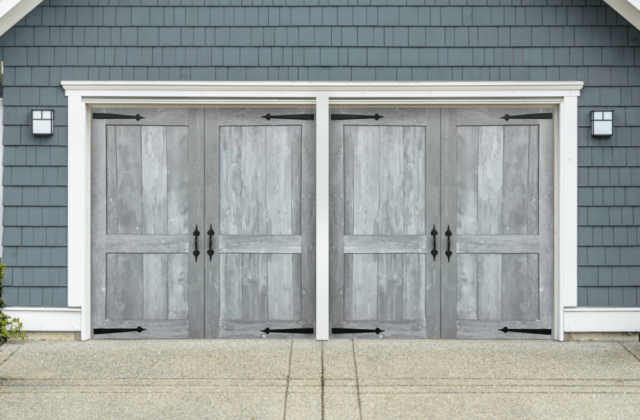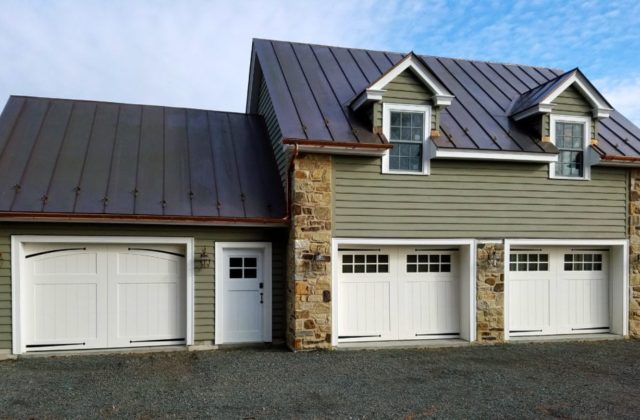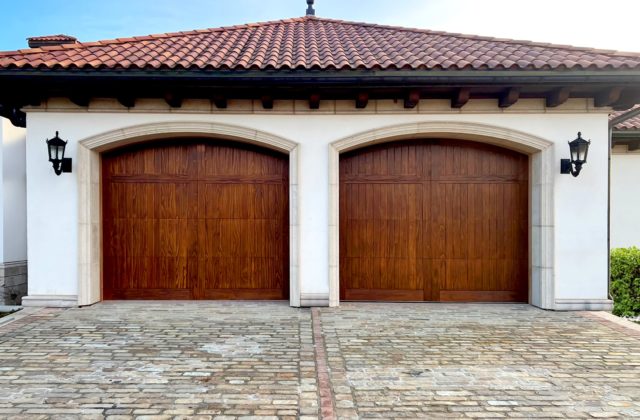According to the Federal Emergency Management Agency, garage doors are a major culprit when it comes to hurricane damage to homes. In fact, 80% of the damage caused by Hurricane Andrew in 1992 was attributed to dislocated garage doors. With hurricane season nearly upon us, now is the perfect time to review garage door hurricane protection.
Which Areas Are Most Susceptible to Hurricanes?
It’s important for every homeowner to consider how high winds and storms can impact their garage door. However, garage door wind protection is particularly relevant for people who live in areas that are prone to hurricanes, tornadoes, and high winds. Within the United States, these areas include:
- California
- Florida
- Kansas
- Missouri
- Nevada
- Utah
If you live in one of these states, consider checking with your local government about building codes that govern garage doors. Some areas have special rules that require doors to be wind-rated for certain speeds.
How Severe Weather Can Destroy a Standard Garage Door
Standard garage doors are very vulnerable to the high winds associated with hurricanes, tornadoes, and other storms. If your door isn’t hurricane rated, strong winds can easily force it out of your garage door opening. The force of wind blowing against the outside of a garage door is referred to as positive wind pressure.
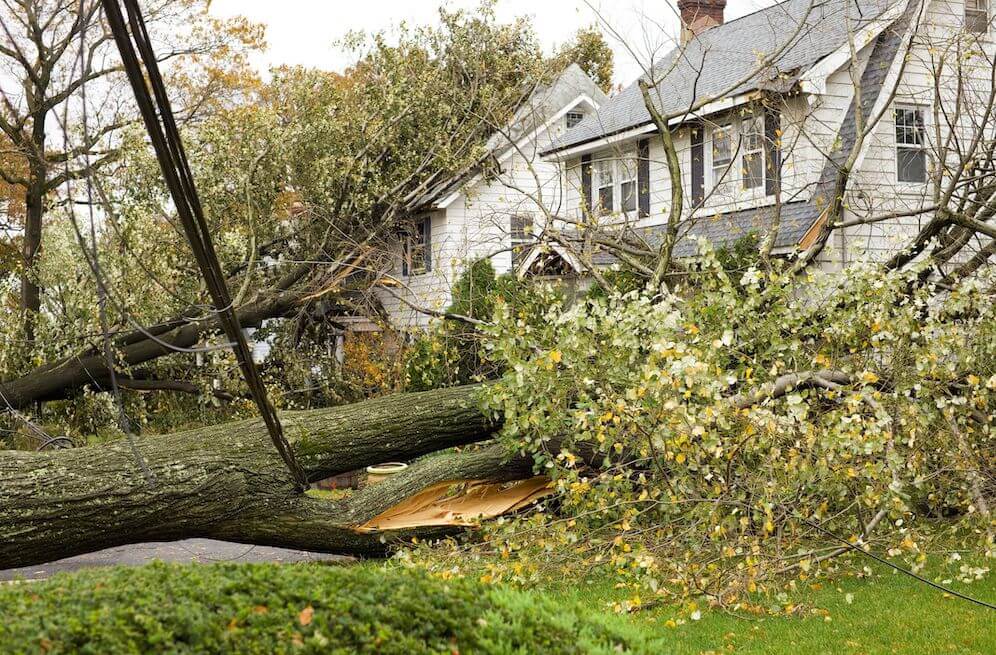
When your door rotates and blows out as a result of high winds, negative wind pressure pulls or sucks it away from the rest of your home. This wind quickly fills the empty space inside of your garage, causing a significant buildup of internal pressure within your home.
This pressure can quickly blow out your house’s roof and supporting walls, while also inflicting significant foundation damage. And losing your roof and walls gives rain, wind, and debris access to your home, which can be particularly catastrophic during a hurricane.
Impact-Resistant Garage Doors
Impact-resistant garage doors are designed to withstand the force of any object that’s hurled against them, both large and small. These doors typically have an exterior steel skin that resists missile impact from debris that hits your garage door during a hurricane. Most of them also include layers of aluminum, insulation, or wood paneling.
Along with the reinforced nature of the door itself, wind-resistant garage doors have heavier gauge tracks than standard doors. Most of them also have reinforced end stiles that resist impact forces to keep the door firmly in place during storms. Always look for an impact-resistant door with heavy-duty springs, tracks, hinges, and rollers for maximum strength.
How Are Impact-Resistant Garage Doors Rated?
Impact-resistant garage doors are rated using large missile impact testing. The door is shot three times with a 2×4 wood beam that’s launched out of a cannon. To be rated impact-resistant, the door must have no holes larger than 3” in diameter and must remain operable. This testing is typically done at a wind tunnel lab, since these facilities can recreate hurricane-force winds and simulate the effects of flying debris, like tree branches, rocks, or outdoor furniture.
Hurricane-Proof Garage Doors
Like impact-resistant doors, hurricane-rated garage doors are constructed with at least one layer of steel. Because they’re structurally reinforced, these doors serve as a giant, twist-resistant wind barrier. While impact-resistant doors are focused on withstanding damage from debris, hurricane-rated doors are designed to resist twisting during gale-force winds.
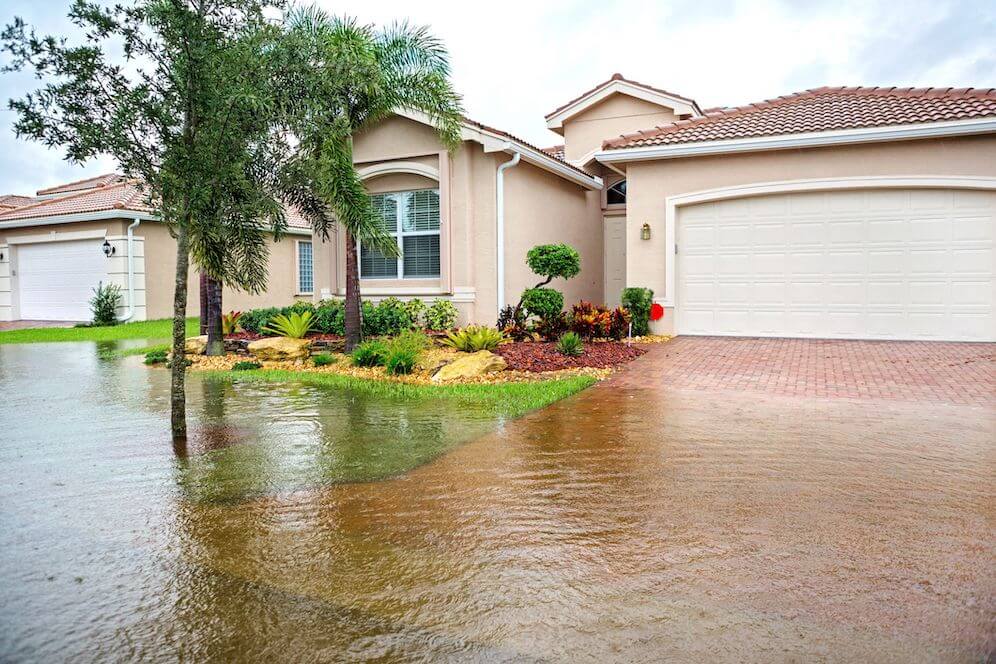
Hurricane-rated garage doors also have reinforced, heavy-gauge steel track systems. When the door is closed, its entire live load rests on the overhead door guides and wall angles. As a result, some hurricane-rated doors can endure winds of up to 200 miles per hour, which are higher than those of a Category 5 storm.
Retrofitting an Existing Garage Door
Impact-resistant or hurricane-proof garage doors can cost several thousand dollars, which may not be in the budget for some homeowners. If you can’t or don’t want to make that kind of investment, there are ways to reinforce your existing garage door. Keep in mind that these options don’t provide the strength and durability of an impact-rated or hurricane-resistant door, though.
Before you retrofit your existing door for impact and wind resistance, check that your garage door track is at least 14-gauge weight. You should also make sure the track is securely fastened to your garage walls and ceiling at the appropriate screw locations. If your track system isn’t reinforced, it can twist and rotate, causing the retrofitted door to blow out during a storm.
Bracing
Your first retrofitting option is to reinforce your existing door with a garage door bracing kit. This involves installing aluminum or steel braces behind your door in a vertical or horizontal pattern before the storm starts. The braces are locked in place using floor brackets above the lintel or along the sides of the door opening. Once the storm is over, the braces are removed and put into storage.
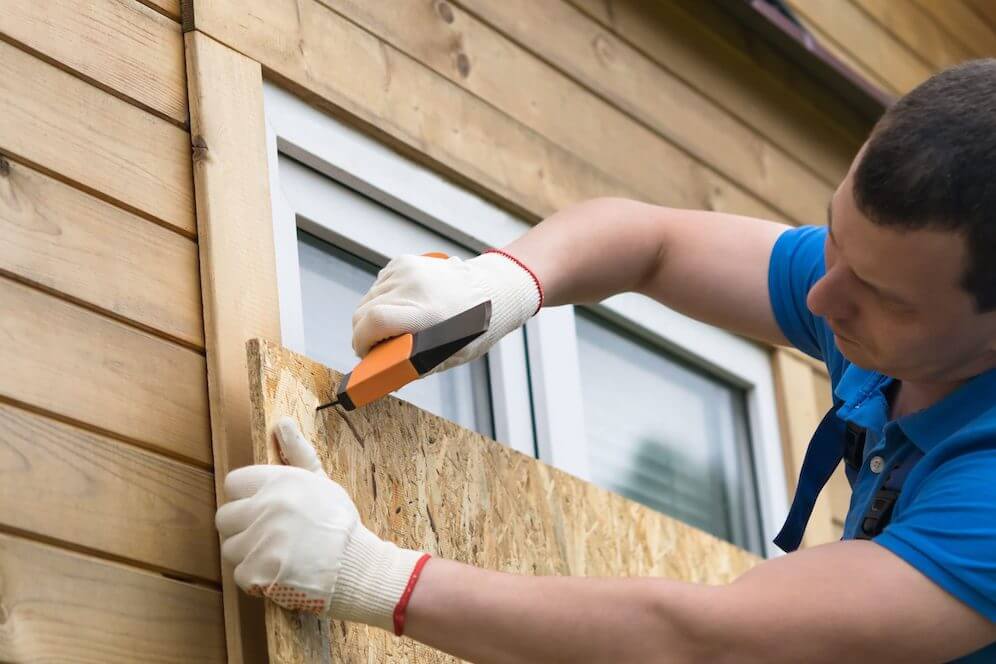
Hurricane Panels
These products are installed over your door’s existing panels and are similar to storm panels installed on pedestrian doors and windows. They’re typically made of steel, polycarbonate, or aluminum and are attached to the outside of the door via a track system, screws, or clips. Like braces, you’ll install your panels before the storm starts and remove them after it ends.
